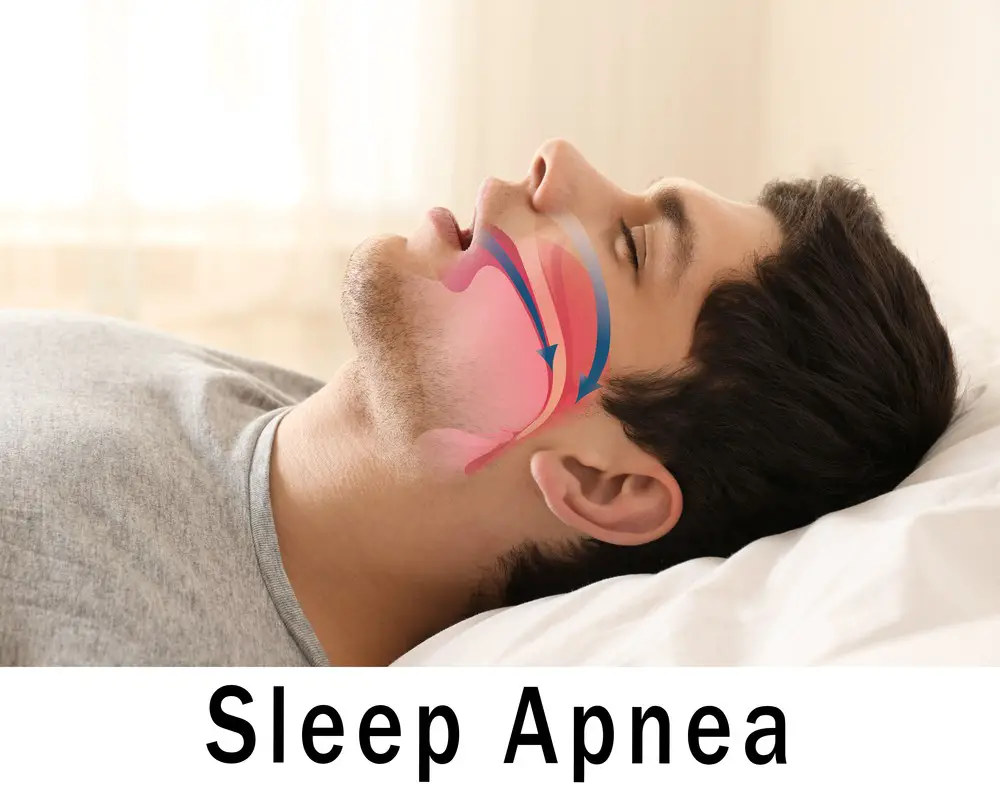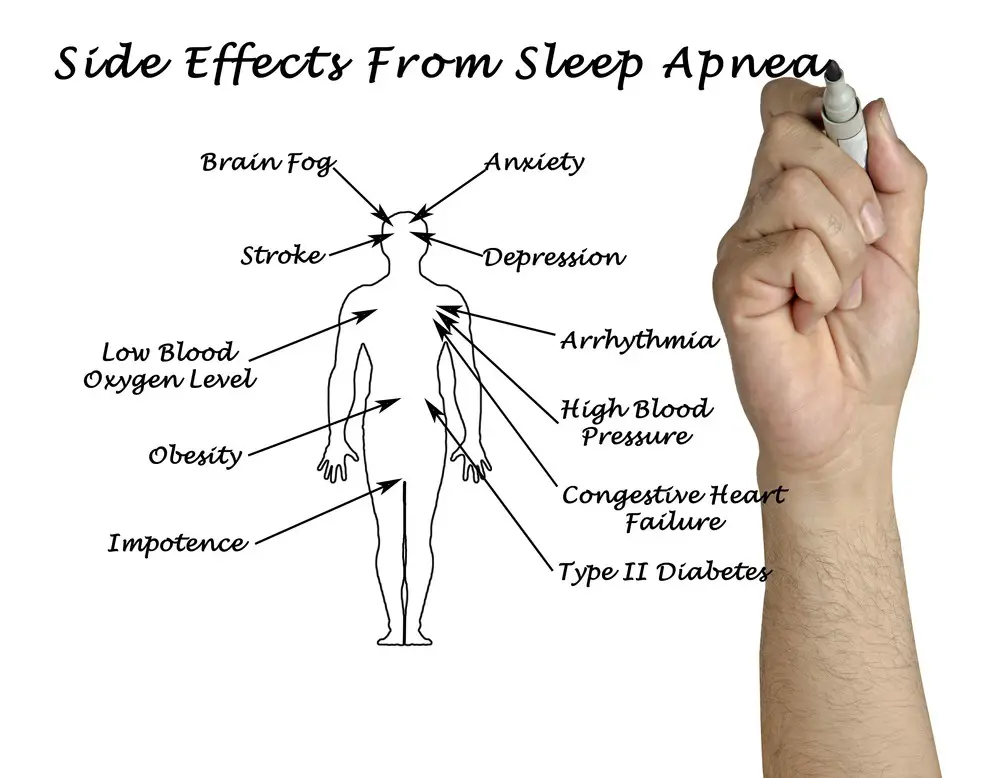As a BetterHelp affiliate, we receive compensation from BetterHelp if you purchase products or services through the links provided
Sleep apnea is a common sleep disorder that affects millions of people worldwide. It is characterized by disrupted breathing during sleep, which can lead to a range of health problems. One of the potential complications of sleep apnea is seizures, which can be a severe and potentially life-threatening condition.
When you have sleep apnea, your breathing can stop and start repeatedly during the night. This can lead to a lack of oxygen in your body, which can cause a range of symptoms, including seizures. The connection between sleep apnea and seizures is not fully understood, but research suggests that sleep apnea can affect the brain and body in ways that may make seizures more likely.
If you have sleep apnea and are experiencing seizures, it is essential to seek medical attention immediately. Your doctor can help you determine the underlying cause of your seizures and develop a treatment plan to help you manage your symptoms. With appropriate diagnosis and treatment, you can improve your sleep quality and reduce the severity of your seizures.
Key Takeaways
- Sleep apnea can cause seizures, a severe and potentially life-threatening condition.
- Lack of oxygen in the body due to disrupted breathing during sleep can lead to seizures.
- Seeking medical attention and getting appropriate treatment can help manage symptoms and improve sleep quality.
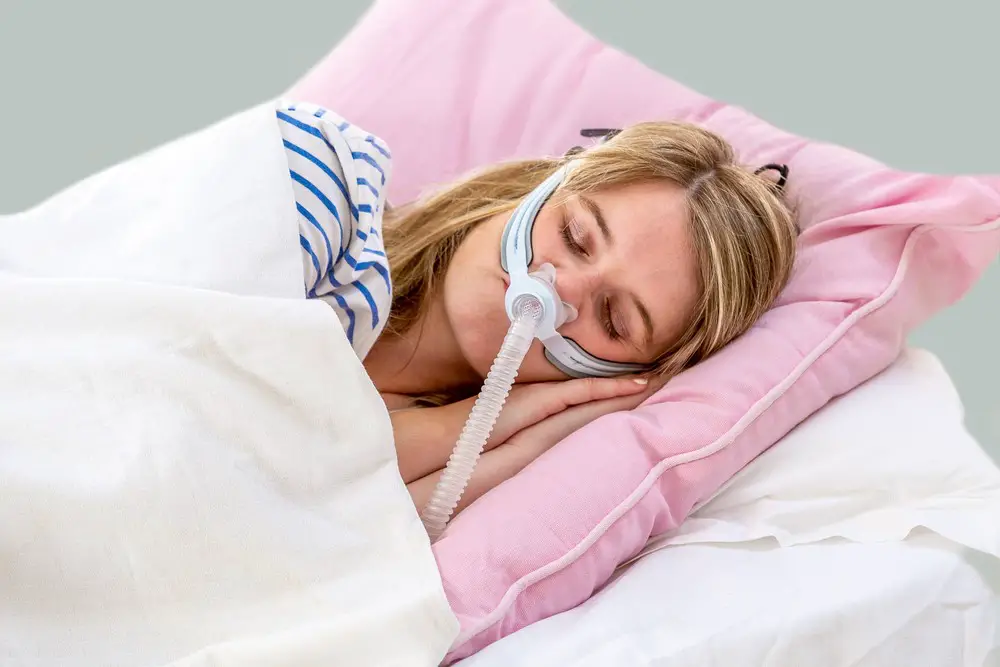
Understanding Sleep Apnea
If you are experiencing interrupted breathing during sleep, you may have sleep apnea. There are two main types of sleep apnea: obstructive sleep apnea (OSA) and central sleep apnea (CSA). OSA is more common when the airway is blocked, while CSA is less common and occurs when the brain fails to signal the muscles to breathe.
Sleep apnea is a serious condition that can lead to a variety of health problems, including high blood pressure, heart disease, and stroke. It is also associated with an increased risk of developing other sleep disorders, such as insomnia and restless leg syndrome.
One of the most common symptoms of sleep apnea is snoring. However, not everyone who snores has sleep apnea and not everyone with sleep apnea snores. Other sleep apnea symptoms include excessive daytime sleepiness, headaches in the morning, and difficulty concentrating.
According to the Epilepsy Foundation, OSA is associated with an increased risk of seizures in people with epilepsy. A study found that people with epilepsy who also had OSA were likelier to experience seizures than those without OSA.
Key takeaway: Sleep apnea is a severe condition that can lead to various health problems. OSA is associated with an increased risk of seizures in people with epilepsy.
Symptoms of Sleep Apnea
If you have sleep apnea, you may experience a range of symptoms. The most common symptoms include excessive daytime sleepiness, morning headaches, and dry mouth. You may also feel tired throughout the day, even if you believe you have had enough sleep.
One of the most noticeable symptoms of sleep apnea is loud snoring. This is caused by airway obstruction during sleep, which can cause you to gasp or choke as you try to breathe. You may also experience pauses in breathing during sleep, which can be reported by another person who is observing your sleep.
In addition to these symptoms, you may have difficulty staying asleep, leading to insomnia. This can be caused by repeated awakenings when your breathing is interrupted during sleep.
If you are experiencing any of these symptoms, it is essential to speak with your doctor. Sleep apnea can have serious health consequences if left untreated, including an increased risk of heart disease, stroke, and other health problems.
Key takeaway: Sleep apnea can cause many symptoms, including excessive daytime sleepiness, morning headaches, and dry mouth. If you are experiencing any of these symptoms, it is essential to speak with your doctor.
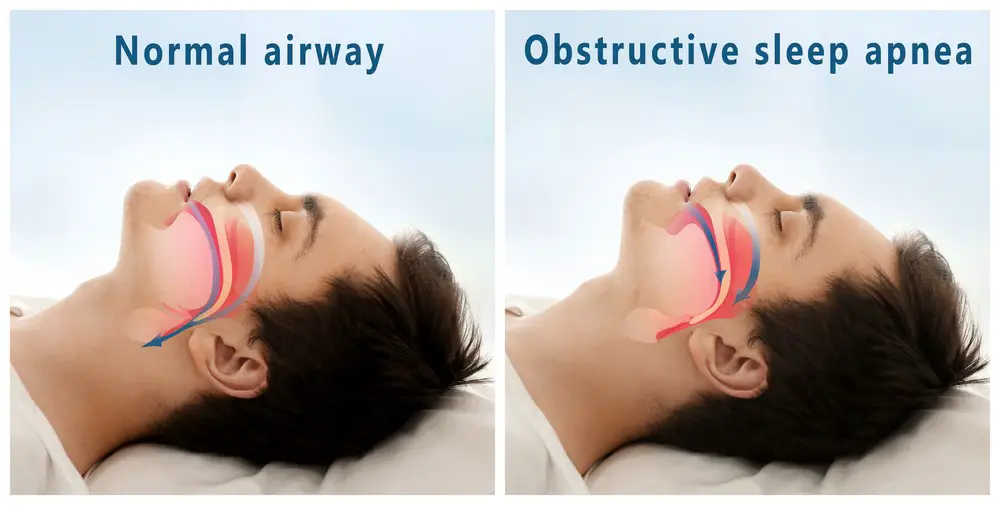
Sleep Apnea and Seizures: The Connection
If you have sleep apnea, you may wonder if it can cause seizures. While the connection between sleep apnea and seizures is not entirely understood, evidence suggests that sleep apnea can contribute to developing or worsening seizures.
Seizures occur due to irregular brain activity that leads to involuntary movements and sensations. Sleep apnea can negatively impact the brain’s sleep activity, leading to seizures.
Nocturnal seizures, or seizures during sleep, are common for individuals with epilepsy. Sleep apnea can increase the frequency of these seizures and make seizure control more difficult.
There are several types of epilepsy, including Landau-Kleffner syndrome, juvenile myoclonic epilepsy, benign rolandic epilepsy, and frontal lobe epilepsy. Each type of epilepsy has unique characteristics and can be impacted differently by sleep apnea.
While detecting and controlling sleep apnea can lead to better seizure control, many doctors do not screen people with epilepsy for sleep apnea. If you have epilepsy, it is important to discuss any sleep concerns with your doctor to ensure that you receive the best possible treatment.
Key takeaway: Sleep apnea can contribute to developing or worsening seizures, particularly nocturnal seizures. Individuals with epilepsy must discuss sleep concerns with their doctor to ensure proper treatment.
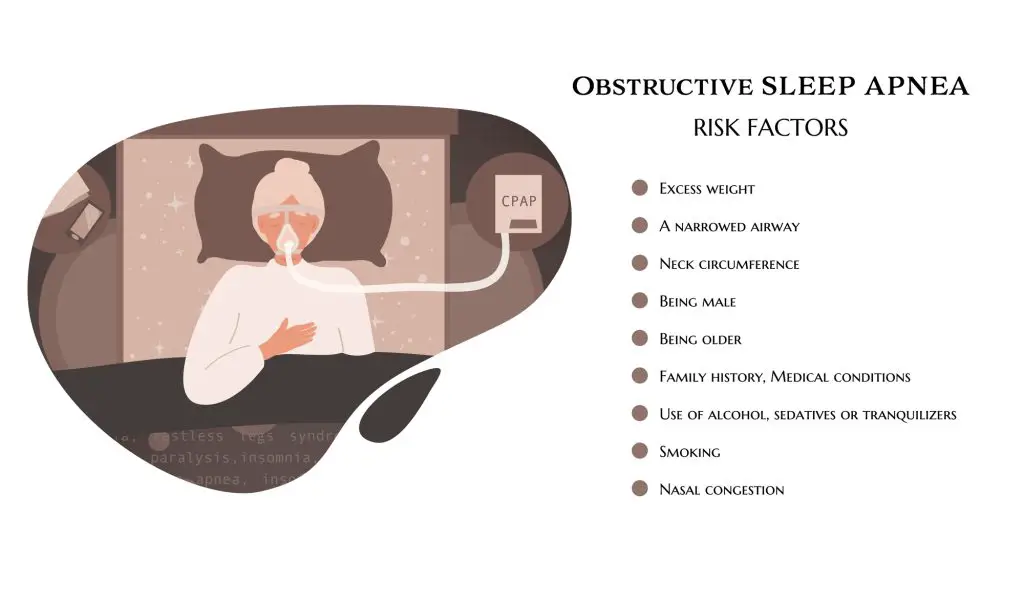
Risk Factors for Sleep Apnea
If you’re wondering whether you might be at risk for sleep apnea, several factors should be considered. While anyone can develop sleep apnea, certain factors increase your risk.
Firstly, age is a factor to consider. Sleep apnea can occur at any age, but it is more common in older adults. Men are also more likely than women to develop sleep apnea, especially if they are over 40.
Another significant factor is obesity, which significantly increases the risk of sleep apnea. Excess weight can cause fat deposits around the upper airway, which can obstruct breathing during sleep. In particular, excess weight around the neck and throat can cause sleep apnea.
Other factors that increase the risk of sleep apnea include high blood pressure, smoking, alcohol consumption, and family history. Additionally, having a larger neck circumference or tonsils and a micrognathia (a small jaw) can also contribute to sleep apnea.
If you’re concerned about your risk of sleep apnea, it’s important to talk to your doctor. They can help you determine whether you may be at risk and recommend any necessary steps to help prevent or treat sleep apnea.
Key takeaway: Age, gender, obesity, high blood pressure, smoking, alcohol consumption, family history, neck circumference, tonsils, and micrognathia are all factors that can increase your risk of sleep apnea.
Complications of Sleep Apnea
Sleep apnea is a common sleep disorder that affects millions of people worldwide. While it may seem like a minor inconvenience, sleep apnea can have serious consequences if left untreated. In this section, we will discuss some of the complications of sleep apnea and how they can impact your health.
One of the most significant complications of sleep apnea is the increased risk of stroke and heart disease. Sleep apnea can cause high blood pressure, which can lead to cardiovascular problems. Additionally, sleep apnea can cause inflammation in the body, which can contribute to the development of heart disease.
Another potential complication of sleep apnea is diabetes. People with sleep apnea are more likely to have insulin resistance, which can lead to the development of type 2 diabetes. Additionally, sleep apnea can cause low blood oxygen levels, which can further contribute to the development of diabetes.
In some cases, sleep apnea can even lead to sudden death. This is because sleep apnea can cause low blood oxygen levels, which can lead to a condition called hypoxia. Hypoxia can cause cardiac arrhythmias, which can be fatal.
Other complications of sleep apnea include difficulty concentrating, irritability, and excessive daytime sleepiness. These symptoms can impact your quality of life and make it difficult to perform everyday tasks.
It is essential to seek treatment for sleep apnea if you are experiencing any of these complications. Treatment options include lifestyle changes, such as losing weight and avoiding alcohol and sedatives, and medical interventions, such as continuous positive airway pressure (CPAP) therapy.
Key takeaway: Sleep apnea can have serious complications, including an increased risk of stroke, heart disease, and diabetes. It can also lead to sudden death in some cases. Seek treatment if you are experiencing any of these complications.
Diagnosing Sleep Apnea
If you suspect you may have sleep apnea and are experiencing seizures, it is important to seek medical help. A doctor can perform a diagnosis and determine the best course of treatment for you.
Diagnosis of sleep apnea typically involves a sleep study, also known as a polysomnogram. During a sleep study, you will be monitored to determine if you have any breathing problems. This can involve measuring your oxygen levels, heart rate, and brain activity.
If you are diagnosed with sleep apnea, several treatment options are available. These can include lifestyle changes, such as losing weight or quitting smoking, and using a continuous positive airway pressure (CPAP) machine. Your doctor can help you determine the best action for your specific needs.
Key takeaway: If you suspect you may have sleep apnea and are experiencing seizures, it is essential to seek medical help and undergo a sleep study to determine the best course of treatment.
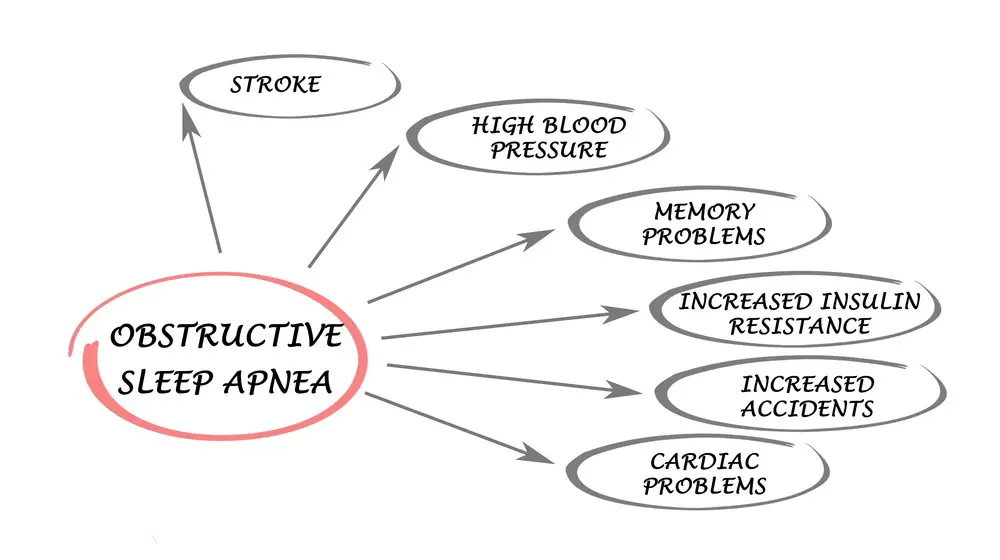
Treatment Options for Sleep Apnea
If you have been diagnosed with sleep apnea, several treatment options are available to help manage your symptoms. The most common treatment option is continuous positive airway pressure (CPAP) therapy. This involves wearing a mask over your nose and mouth while you sleep, which delivers a constant stream of air to keep your airway open.
In addition to CPAP therapy, other treatment options are available, including medication, nerve stimulators, and surgery. Antiepileptic drugs may also be prescribed to help manage seizures related to sleep apnea.
Weight loss can also be an effective treatment option for sleep apnea, as excess weight can contribute to airway blockages. If you are overweight, losing weight can help reduce the severity of your symptoms.
Working closely with your healthcare provider to determine the best treatment plan for your needs is essential. Your healthcare provider may recommend a combination of treatment options to help manage your symptoms and improve your quality of life.
Key takeaway: There are several treatment options available for sleep apnea, including CPAP therapy, medication, nerve stimulators, and surgery. Weight loss can also be an effective treatment option. Working closely with your healthcare provider to determine the best treatment plan for your needs is essential.
Sleep Apnea, Seizures and Lifestyle Changes
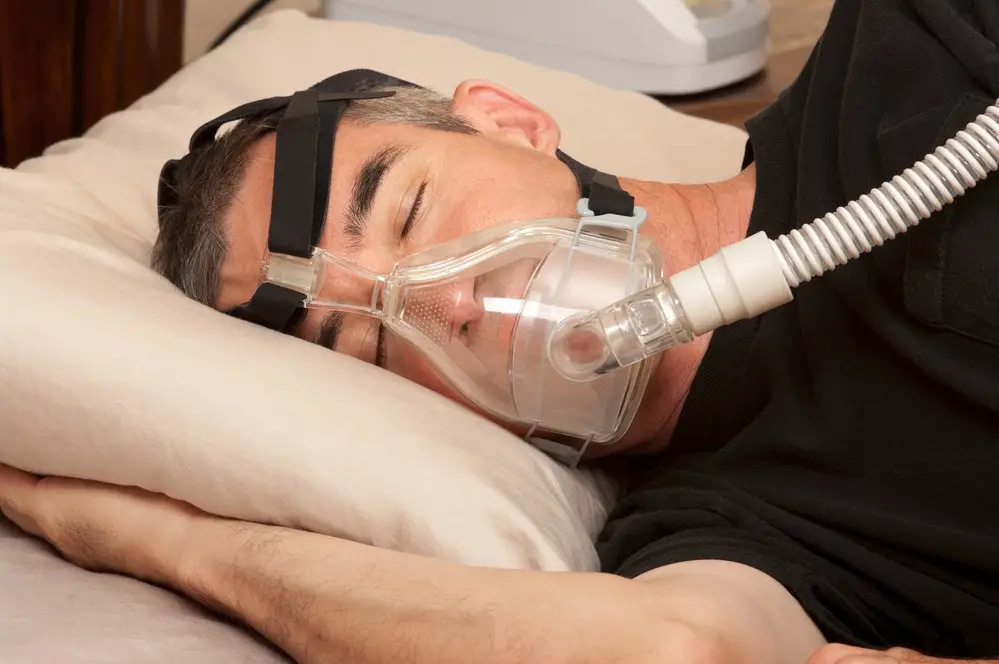
If you have sleep apnea and are experiencing seizures, making lifestyle changes can help reduce the frequency and severity of these episodes. One of the most significant factors contributing to seizures is lack of sleep. People with sleep apnea often experience fragmented sleep, which can lead to sleep deprivation. This, in turn, can trigger seizures in some people.
To reduce the risk of seizures, it is essential to get enough restful sleep. Here are some tips to help you improve your sleep quality:
- Stick to a regular sleep schedule
- Create a relaxing bedtime routine
- Keep your bedroom cool and dark
- Avoid caffeine and alcohol before bed
- Exercise regularly
In addition to improving your sleep, you can make other lifestyle changes to reduce the risk of seizures. These include:
- Managing stress through relaxation techniques such as deep breathing and meditation
- Eating a healthy diet rich in fruits, vegetables, and whole grains
- Avoiding triggers such as flashing lights and loud noises
By making these lifestyle changes, you can reduce the frequency and severity of seizures and improve your overall quality of life.
Key takeaway: Making lifestyle changes such as improving sleep quality, managing stress, and eating a healthy diet can help reduce the risk of seizures in people with sleep apnea.
Signs You Need Medical Help
If you’re dealing with sleep apnea and have noticed any of the following symptoms, it may be time to consult a healthcare provider immediately.
- Frequent Pauses in Breathing: If you or your sleeping partner notices that you frequently stop breathing at night, it’s a sign you need professional evaluation.
- Chronic Daytime Fatigue: Feeling tired and listless during the day, despite getting ‘enough’ sleep, could point to disrupted sleep cycles.
- Unexplained Seizures: Experiencing seizures with no previous medical history is a critical indicator that immediate medical attention is necessary.
- Mental Fog and Irritability: If you struggle to concentrate or get irritable quickly, this could be a sign.
???? Tip: Better safe than sorry—consult a healthcare provider immediately if you’re experiencing any of these symptoms.
Setting Goals for Improvement
Once you’ve sought medical help, the next step is to set realistic and achievable goals for improving your sleep and overall health.
- Regular Sleep Schedule: Consistency is key. Try to go to bed and wake up at the same times every day to help regulate your internal body clock.
- Lifestyle Changes: Introduce exercise and a balanced diet into your daily routine to support better sleep and health.
- Medical Compliance: If your healthcare provider prescribes a CPAP machine or medications, adhere to the guidelines to maximize effectiveness.
???? Tip: Your goals should be SMART—Specific, Measurable, Achievable, Relevant, and Time-bound.
Monitoring Progress
Measuring your progress helps you stay motivated and ensures you’re on the right track to managing your symptoms effectively.
- Sleep Journal: Maintain a detailed record of your sleep patterns, how long you sleep, and how you feel during the day.
- Medical Check-ups: Schedule regular follow-ups with your healthcare provider for evaluations and treatment adjustments.
- Symptom Tracking: Use apps or wearables to keep track of any changes in your symptoms, such as fatigue, irritability, or instances of seizures.
???? Tip: Various apps and wearables are available to help you track sleep data with minimal fuss. Make technology your ally!
Conclusion
Navigating the maze of sleep apnea and its possible complications like seizures, can be challenging. However, knowing the signs that warrant medical attention, setting actionable goals, and actively monitoring your progress can significantly affect your quality of life. It’s not just about weathering the storm; it’s about coming out stronger on the other side.
Frequently Asked Questions

What are signs of seizures in your sleep?
Seizures during sleep can be difficult to recognize, but there are some signs to look out for. These include sudden jerking movements, convulsions, and loss of consciousness. If you or a loved one experiences any of these symptoms during sleep, it is important to seek medical attention as soon as possible.
Can sleep disorders cause seizures?
Yes, sleep disorders can cause seizures. In fact, sleep deprivation and poor sleep quality are believed to contribute to sleep-related seizures. It is important to address any sleep disorders you may have to reduce the risk of seizures.
Can sleep apnea cause focal seizures?
While the connection between sleep apnea and seizures is not fully understood, evidence suggests that sleep apnea has the potential to cause or worsen seizures. This includes focal seizures, which are seizures that start in one area of the brain.
Does a CPAP machine help with seizures?
Treating sleep apnea with a CPAP machine can help improve sleep quality and reduce the risk of seizures. However, it is important to consult with a healthcare professional to determine the best course of treatment for your individual needs.
What is an apneic seizure?
An apneic seizure is a seizure that occurs during a pause in breathing, which can happen during sleep apnea. These seizures are rare, but they can be dangerous. It is important to address any sleep apnea or breathing issues to reduce the risk of apneic seizures.
Can sleep apnea make you have a seizure?
Yes, sleep apnea can increase the risk of seizures. This is because sleep apnea can cause sleep deprivation and poor sleep quality, which are both risk factors for seizures. It is important to address any sleep apnea you may have to reduce the risk of seizures.
Key takeaway: Sleep disorders, including sleep apnea, can increase the risk of seizures. Treating sleep disorders can help improve sleep quality and reduce the risk of seizures. If you experience any symptoms of seizures during sleep, seek medical attention as soon as possible.
- 7 Ideas to Help You Relax and Unwind on a Family Vacation - April 27, 2025
- How Having Cybersecurity Protection Helps You Relax - April 25, 2025
- 8 Reasons Why Spending Time Outside Calms You Down - April 25, 2025
This site contains affiliate links to products. We will receive a commission for purchases made through these links.

